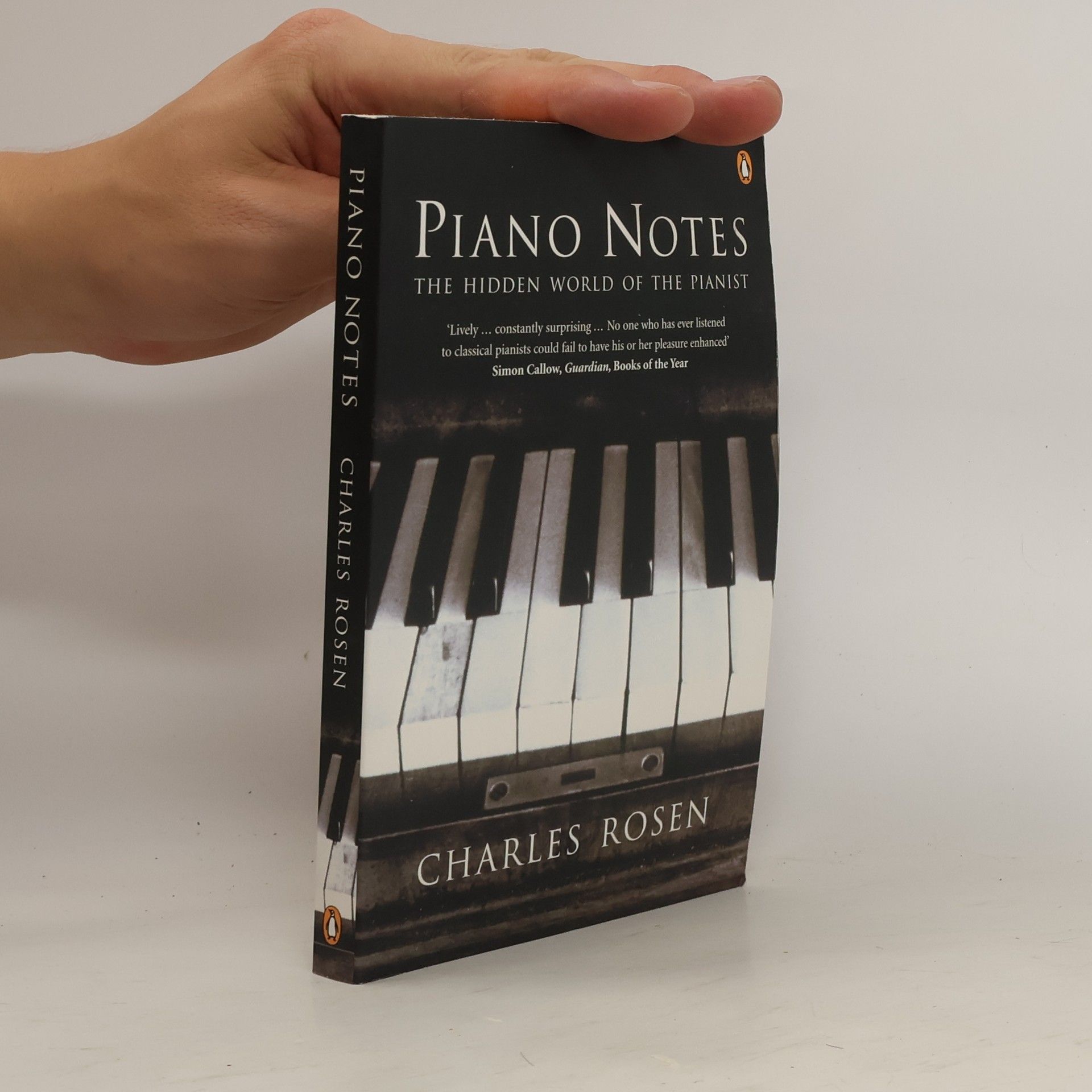The Joy of Playing, the Joy of Thinking
- 128pages
- 5 heures de lecture
"The Joy of Playing, the Joy of Thinking is a masterclass for music lovers. In interviews originally conducted and published in French, Rosen's friend Catherine Temerson asks carefully crafted questions to elicit his insights on the evolution of music-not to mention painting, theater, science, and modernism. Rosen touches on the usefulness of aesthetic reflection, the pleasure of overcoming stage fright, and the drama of conquering a technically difficult passage. He tells vivid stories on composers from Chopin and Wagner to Stravinsky and Elliott Carter. In Temerson's questions and Rosen's responses arise conundrums both practical and metaphysical. Is it possible to understand a work without analyzing it? Does music exist if it isn't played? Rosen takes readers to the heart of the musical matter. 'Music is a way of instructing the soul, making it more sensitive,' he says, 'but it is useful only insofar as it is pleasurable. This pleasure is manifest to anyone who experiences music as an inexorable need of body and mind.'"-- Provided by publisher



